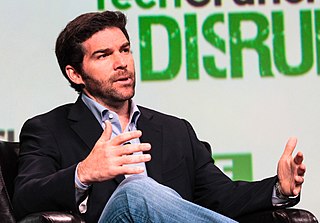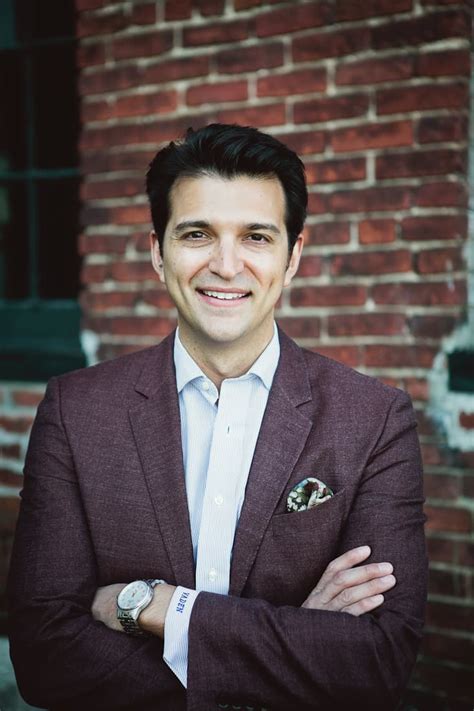A Quote by Patrick Collison
Being a public company certainly doesn't stop you from taking a really long-term time horizon, but it does make it more difficult.
Related Quotes
Being captive to quarterly earnings isn't consistent with long-term value creation. This pressure and the short term focus of equity markets make it difficult for a public company to invest for long-term success, and tend to force company leaders to sacrifice long-term results to protect current earnings.
I think markets are often not thinking on a long-time horizon, I think that our government structurally is doing even less so. When we have a government where we have people who are up for election at most once every six years for a U.S. senator, that's a time horizon that is much shorter than in a market that a company is looking at 10, 15, 20 years which is a time horizon over which a stock price is typically valued.
The most important thing that a company can do in the midst of this economic turmoil is to not lose sight of the long-term perspective. Don't confuse the short-term crises with the long-term trends. Amidst all of these short-term change are some fundamental structural transformations happening in the economy, and the best way to stay in business is to not allow the short-term distractions to cause you to ignore what is happening in the long term.
The most self-disciplined people in the world aren't born with it, but at one point they start to think differently about self discipline. Easy, short-term choices lead to different long-term consequences. Difficult short-term choices lead to easy long-term consequences. What we thought was the easy way led to a much more difficult life. I think that motivation is sort of like a unicorn that people chance like a magic pill that will make them suddenly want to work hard. It's not out there.
Profitability, growth, and safeguards against existential risks are crucial to strengthening a company's long-term prospects. But if these three factors constitute a company's 'hard power,' firms also need 'soft power': public trust and acceptance, won by fulfilling a company's social responsibility.
I look back and think of all the times I've had to let things go in the past, and how traumatic it seemed while it was happening, but how my understanding of it changed as time passed - and oftentimes things that seem really difficult and traumatic in the short term seem a lot less difficult and traumatic in the long term. So I remind myself of that.


































